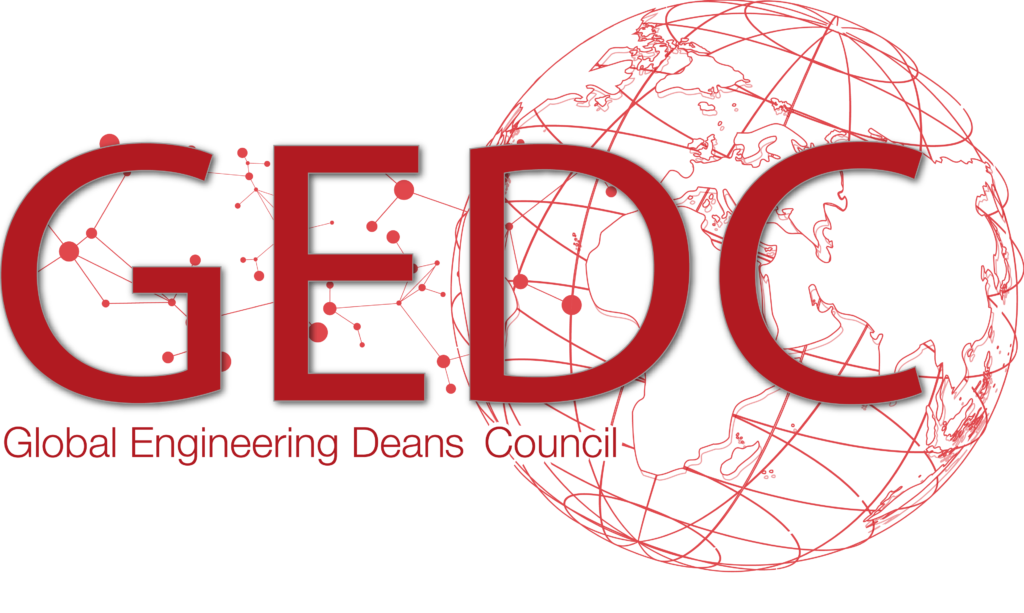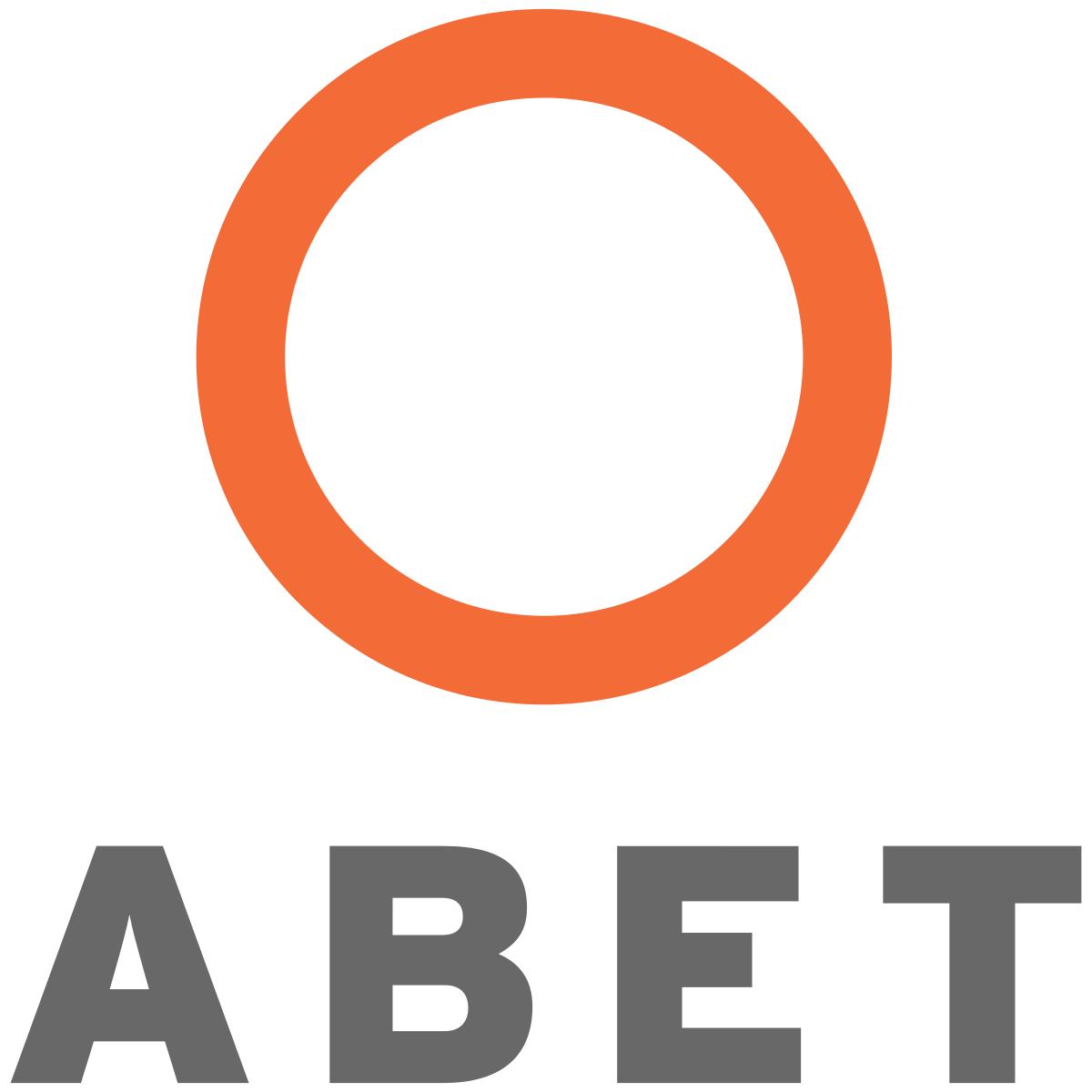Key policy recommendations
- Women’s lives can be improved through safer, better access to services and through income-earning opportunities created by transport projects.
- Quotas or reservations are needed as a first step to provide an opportunity for disadvantaged people (including women) to participate in development plans and programmes.
- Continued capacity building and social empowerment of women and other disadvantaged groups is crucial to enable them to make their participation meaningful in a way that they are able to influence decisions in their favour.
- Stronger recognition of women’s unpaid care work burden is essential. Women make massive, undervalued contributions to household social and economic welfare.
- Women’s time poverty is a major constraint on their participation in paid employment.
- There is a need for redistribution of women’s unpaid care-work if they are to benefit fully from the opportunities opened up to them by the state and other authorities.
Brief problem summary
The Department of Local Infrastructure Development and Agricultural Roads (DoLIDAR) under the Ministry of Federal Affairs and Local Development (MoFALD) is the ministry that is responsible for rural transport and development in Nepal. It has a Local Infrastructure Development Policy (LIDP) which includes due consideration of gender and social inclusion. The Ministry has its own Gender and Social Inclusion Policy, which must be mainstreamed by local bodies – District Development Committees (DDCs), Municipalities and Village Development Committees (VDCs),- in all local infrastructure development projects. Although Nepal is said to be progressive in terms of ‘formulating’ gender and social inclusion (GESI) policies (mostly based on positive learning experiences from donor-supported projects), the challenge of effectively implementing such policies widely, to bring about gender equality and genuine transformations, remains. The Swiss Agency for Development Cooperation (SDC), on behalf of the Government of Switzerland, has been assisting MoFALD and DoLIDAR in the sub-sectors of rural roads, road bridges and trail bridges for many years. A GESI approach is mainstreamed in all SDC supported transport sector projects. The approach is meant to bring about transformative changes by ensuring: a) participation of women and other disadvantaged groups (DAGs) in rural road and bridge programmes; b) a conducive working environment (covering safety, insurance and child care) for women; c) women and disadvantaged groups are targeted for employment with equal wages; d) women and disadvantaged groups are proportionally represented in User Committees in decision-making positions; and e) they are trained in construction related activities.
Most relevant evidences
Income earning opportunities for women
Women, if given appropriate opportunities, can participate in paid employment in road and bridge construction. Women recognise that such construction work provides them with an opportunity to earn an income outside the home. For some women, daily life, which was formerly confined to household and agricultural work, has been expanded to include work with income earning potential beyond the domestic sphere. However, such opportunities do not arise unless specific interventions targeting women and DAGs are made. It takes significant effort within projects to identify key target groups and make them aware of the opportunities (available jobs, appropriate provision of facilities for women, equal wages) so that they are encouraged to participate in road and bridge building groups.
Women’s participation, quotas and capacity building
Project quotas (at least 33%) are designed to ensure women and discriminated groups are included in road and bridge User Committees (UCs). Quotas are good as a first step, but women in the UCs often find they are limited to being ‘doers’ rather than decision makers: they are included in the UCs so as to fulfil the projects’ criteria and quotas. This is confirmed by the data below, which shows that a majority of committee members are still men, who are also the decision-makers in the UCs. While female representation is 30% overall, there is only three women in decision-making roles, which is only 7% of total members.

Chart 1: Women’s participation in road UCs
Reasons for women not being recognized as decision makers in the UCs include constraints such as their illiteracy, or lack of skills in record-keeping and doing calculations. These constraints should have been addressed already, through continuous empowerment and capacity building measures which are budgeted in projects. Lack of recognition of these constraints and the means to address them greatly hampers the transformative changes we need to see. Women’s participation in training programmes is minimal compared to men’s. Although projects include provision for women to earn more through training in construction skills, few women have actually benefited from such training. This is due to women’s needs and constraints not being adequately addressed.
Chart 2: Women’s participation in training

Women’s time poverty and unpaid care-work
Although women can be seen doing all types of construction work, the number of women working at individual road and bridge construction sites tends to be relatively low. People reported that women’s participation was irregular. Women suggested that domestic work demands were a key issue, given the increase in their overall workload when road construction work during the day had to be combined with their usual unpaid household chores at home. To ensure that women go to work and earn some cash, a few husbands (less than 5%) help their wives with their household chores. Certainly, in terms of the number of working days they can contribute, and consequent total wages earned, women are benefiting less compared to men as a result of their time poverty. Women have to manage household chores, take care of their elderly family members and children, and participate in agricultural production (of crops and animals): all of these tasks are unpaid. Women’s work certainly contributes very substantially to the health, economic and social well-being of the family, yet is not economically valued..
Conclusions and recommendations
Although rural transport projects in Nepal have positively benefited many people in terms of accessing services, opportunities and resources, the benefits that should have been accrued in social and economic empowerment of women have been limited.
It is good to have quotas and reservations for women but conscious efforts have to be made towards women’s continuous socio-political empowerment, including through providing a more conducive environment and better training. The specific constraints and needs of women for examples – having child care facilities within work premises; insurance coverage for larger groups including older people; training venues within premises of villages; giving space for women to speak and be listened to; recognizing prior learning for various skills that the villagers already have would need to be more carefully addressed within the frameworks of policy provision. Projects on the other hand need to be more flexible, adaptive and innovative in accommodating these specific needs, constraints and responsibilities of women and other vulnerable people, while delivering the quantitative results required.
Within the household, there is also a need for better understanding on sharing of household works in order to reduce work burden on women only. The economic value of women’s unpaid work needs due recognition.
‘Immersions’ is a qualitative research method that has been used in some anthropological studies across Asia and has added qualitative value to many quantitative empirical studies. This method contributed to building the grounded understanding of local conditions that led to the policy recommendations presented here.
| WISE Nepal Women in Science and Engineering Nepal Women in Science and Engineering Nepal |
Author: Jun Dongol Hada, Chair of WISE Nepal, is committed to promote the role of women in Science, Technology, Engineering and Mathematics in Nepal for Nepal’s inclusive social and economic development.























